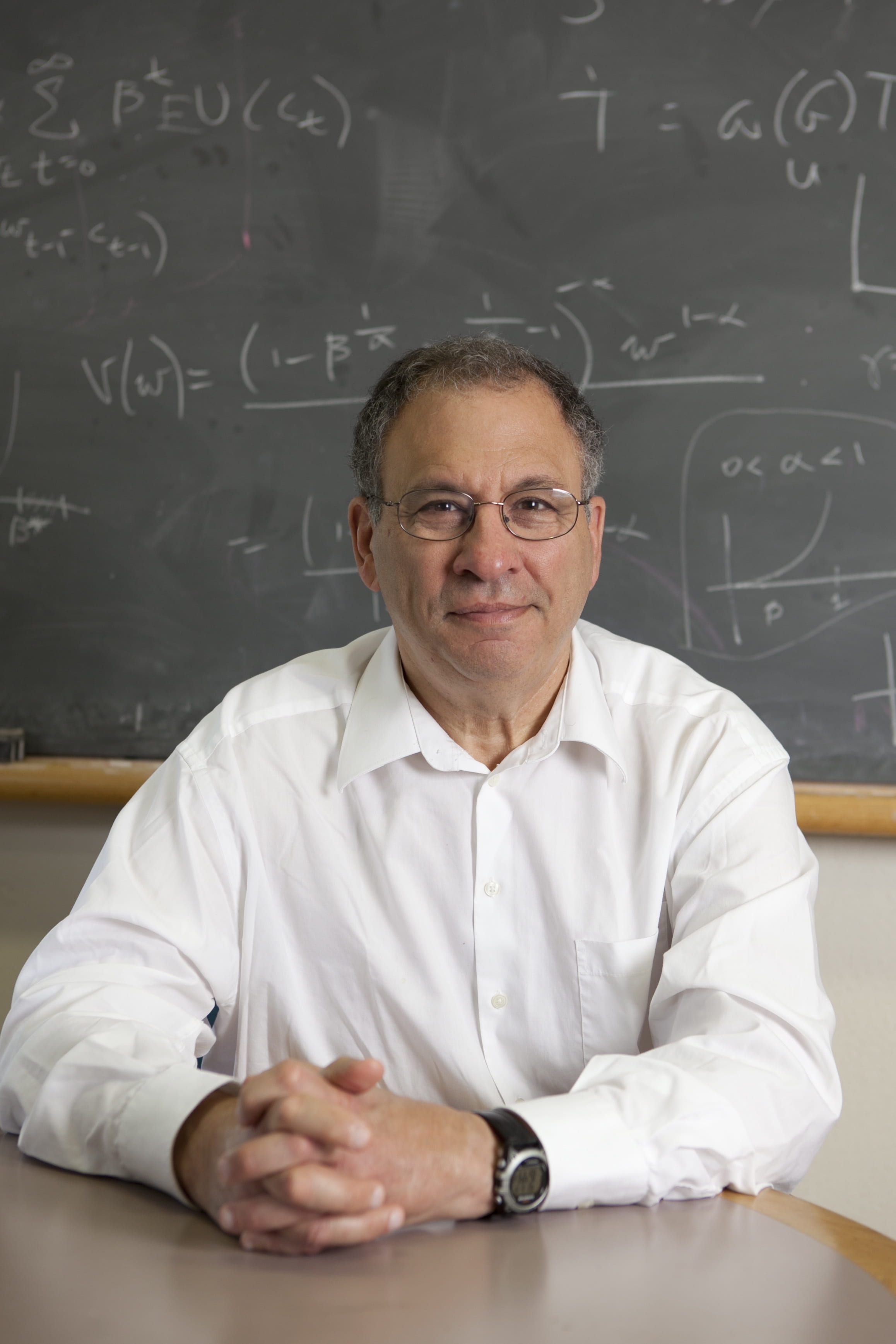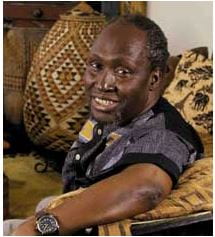Four from UCI named American Association for the Advancement of Science fellows
Four UC Irvine researchers in the areas of medicine, computer science, biological sciences and physics have been made fellows of the American Association for the Advancement of Science, the world’s largest general scientific society.
Irvine, Calif., Nov. 24, 2014 — Four UC Irvine researchers in the areas of medicine, computer science, biological sciences and physics have been made fellows of the American Association for the Advancement of Science, the world’s largest general scientific society.
A total of 401 AAAS members are being honored this year for their efforts to further science or its applications. New fellows will receive an official certificate and a gold-and-blue rosette pin on Feb. 14, 2015, at the organization’s annual meeting, in San Jose, Calif.
“The AAAS plays an important role with the advancement of scientific research, education and outreach in the U.S.,” said John Hemminger, UCI vice chancellor for research and a AAAS fellow himself. “These four brilliant scientists personify the innovation and excellence that mark research at UCI, and we are proud of their achievements.”
The new fellows are being formally announced Nov. 28 in the AAAS News & Notes section of the journal Science. Those from UCI are:
- Philip Collins, professor of physics & astronomy, for his distinguished contributions to the solid-state physics of conducting molecules, particularly for applying carbon nanocircuits to new applications in biophysics and other sensing applications.
- Christopher Hughes, professor and chair of molecular biology & biochemistry, for his distinguished contributions to the field of vascular biology, particularly in angiogenesis (the growth of new blood cells). He and his team have identified critical pathways that allow blood vessels to interact with – and regulate the function of – various cells of the immune system.
- Eric Mjolsness, professor of computer science, for his distinguished contributions to the fields of computer science and biology, particularly for new computational models of gene regulation (networks of genes that turn each other on, off or partly on) and resulting technologies.
- Paolo Sassone-Corsi, Donald Bren Professor of Biological Chemistry, for his distinguished contributions to the understanding of circadian clocks, particularly for unraveling the links among environmental influences, cellular signaling and gene expression. He is the director of UCI’s Center for Epigenetics & Metabolism.
With this year’s class, UCI has 140 AAAS fellows.
Media contact: Tom Vasich, Writer – tmvasich@uci.edu
About the University of California, Irvine: Founded in 1965, UCI is the youngest member of the prestigious Association of American Universities. The campus has produced three Nobel laureates and is known for its academic achievement, premier research, innovation and anteater mascot. Led by Chancellor Howard Gillman, UCI has more than 30,000 students and offers 192 degree programs. Located in one of the world’s safest and most economically vibrant communities, it’s Orange County’s second-largest employer, contributing $4.8 billion annually to the local economy.
About the American Association for the Advancement of Science: AAAS is the world’s largest general scientific society and publishes the journal Science (www.sciencemag.org) as well as Science Translational Medicine (www.sciencetranslationalmedicine.org) and Science Signaling (www.sciencesignaling.org). Founded in 1848, it includes 254 affiliated societies and academies of science, serving 10 million individuals. Science has the largest paid circulation of any peer-reviewed general science journal in the world, with an estimated total readership of 1 million. The nonprofit AAAS (www.aaas.org) is open to all and fulfills its mission to “advance science and serve society” through initiatives in science policy, international programs, science education and more. For the latest research news, log onto EurekAlert! (www.eurekalert.org), the premier science news website, a service of AAAS.
Media access: Radio programs/stations may, for a fee, use an on-campus ISDN line to interview UC Irvine faculty and experts, subject to availability and university approval. For more UC Irvine news, visit wp.communications.uci.edu. Additional resources for journalists may be found at communications.uci.edu/for-journalists.

